2015 BECE Social Studies past objective test questions with answers

2015 BECE Social Studies past objective test questions with answers
BECE Social Studies Questions 1-10
SOCIAL STUDIES 1 OBJECTIVE TEST
45 minutes
1. Which of the following features is not part of the physical environment?
A. Air
B. Buildings
C. Music
D. Rivers
2. A good social environment can be promoted through
A. bravery
B. competition
C. individualism
D. tolerance
3. Adolescence is a period of transition from
A. childhood to adulthood
B. childhood to oldage
C. infancy to adulthood
D. infancy to childhood
4. Adolescent chastity is important because it prevents
A. contraction of HIV and AIDS
B. frequent malaria among the youth
C. peer pressure among the youth
D. the occurrence of broken home
5. Adopting a foreign way of life in one’s native country implies
A. cultural assimilation
B. foreign domination
C. parallel culture
D. rapid modernization
6. Trokosi and female genital mutilation are cultural practices that must be abolished because
A. some people become rich through their performance
B. the police dislike them
C. they are against the rights of the victim
D. they are practised all over the country
7. The four cardinal points are
A. East, South-West, North, West.
B. North, South, North-East, South-West
C. North, South, East, West
D. West, South-East, North-East, South
8. The ratio between distance measured on a map and the actual distance on the ground is
A. a sketch
B. a statement
C. layout
D. scale
9. If the scale of a map is 1:10,000 and the distance on the map is 20 cm, then the actual distance on the ground is
A. 0.2 km
B. 2 km
C. 20 km
D. 20,000 km
10. The crop types which grow well in the Guinea Savanna are
A. cocoa and rice
B. millet and groundnut
C. plantain and cola
D. shallots and cassava
2015 BECE Social Studies past objective test questions with answers
BECE Social Studies Questions 11-20
11. The mangrove swamps in Ghana are found mainly in the
A. Afram plains
B. coastal areas
C. highland areas
D. Oti basin
12. The integrity of the nation can be defended by
A. cleaning the environment
B. educating the youth
C. encouraging immigration
D. reporting saboteurs
13. A hill with a steep slope on one side and a gentle slope on the other side is
A. a ridge
B. a knoll
C. a plateau
D. an escarpment
14. The moon is a satellite of the
A. Earth
B. Jupiter
C. Mars
D. Mercury
15. Relief rainfall is experienced in
A. equatorial forest areas
B. guinea savanna areas
C. highland areas
D. lowland areas
16. Encouraging a greater participation of girls in education in Ghana will help reduce
A. adultery in society
B. number of maternal health care centres
C. population growth rate
D. urban-rural drift
17. One negative effect of rural-urban migration is
A. breakdown of family ties
B. chieftaincy disputes
C. ethnic conflicts
D. high infant mortality
18. Unity among Ghanaians can best be promoted through
A. formal education
B. good environmental practices
C. inter-ethnic marriages
D. opinion leaders
19. An effect of the slave trade on Africans was that they
A. acquired much wealth
B. travelled far
C. abandoned their religion
D. were humiliated
20. The Europeans came to the Gold Coast purposely to
A. engage in trading activities
B. establish schools
C. explore the land
D. spread the gospel
2015 BECE Social Studies past objective test questions with answers
BECE Social Studies Questions 21-30
21. The Yaa Asantewaa war of 1900 was caused by
A. Governor Hudson’s demand for the Golden Stool
B. the closure of the slave trade routes to the coast
C. the killing of George Ekem Ferguson
D. the refusal of the Asantes to accept Christianity
22. The Sagrenti war was fought in the year
A. 1834
B. 1864
C. 1874
D. 1884
23. Protecting national property is the obligation of
A. all citizens
B. government officials
C. the fire service
D. the police
24. According to the 1992 constitution of Ghana, an individual can claim Ghanaian citizenship if
A. he or she attends school in Ghana
B. his or her grandparents are Ghanaians
C. his or her parents reside in Ghana
D. he or she works in Ghana
25. One basic right of every Ghanaian is the right to
A. fair wages
B. personal liberty
C. stand for election
D. vote in general elections
26. The head of the judiciary in Ghana is the
A. Attorney General
B. Chief Justice
C. Director of Public Prosecution
D. Inspector General of Police
27. A constitution popularly approved by the people ensures
A. ethnic balance
B. good governance
C. rapid development
D. reduction in crime
28. One way of managing conflict in the Ghanaian society is
A. arbitration
B. confrontation
C. consultation
D. meditation
29. The highest level of Ghana’s co-operation with the international community is through her membership of the
A. African Union
B. Economic Community of West African States
C. Non-Aligned Movement
D. United Nations Organization
30. Ghana co-operates with other nations to
A. adopt common code of conduct
B. create more jobs
C. foster friendly relationship
D. increase tax revenue
31. One major environmental problem facing municipal and metropolitan assemblies in Ghana is
A. air pollution
B. deforestation
C. road accidents
D. waste management
32. Which of the following factors is most important for national development?
A. Capital resource
B. Foreign aid
C. Human resource
D. Natural resource
33. A good layout and enforcement of town planning laws can help reduce
A. emergence of slums
B. influx of immigration
C. population growth
D. substance abuse
34. The efficiency of labour can be increased if one
A. reports to work early
B. uses appropriate technology
C. works for longer hours
D. works independently
35. Which of the following conditions was the main aim of all the political parties before independence
A. Economic development
B. Federal government
C. Local government
D. Self-government
36. The Asante became a British colony through
A. agreement
B. appeal
C. defeat
D. persuasion
37. For Ghana to be economically independent, she must
A. educate her citizens well
B. compete with her neighbours
C. produce her basic needs
D. rely on her colonial masters for help
38. Productivity measures
A. production of goods
B. production of services
C. profit made out of production
D. output per-man-hour
39. Private businesses can contribute to the development of the nation by
A. making more profits
B. motivating the workers
C. paying their taxes as required
D. registering their businesses
40. The main aim of the National Road Safety Commission in Ghana is to protect
A. capital resources
B. human resources
C. mineral resources
D. natural resources
WAEC 2015 BECE Social Studies past objective test questions with answers
BECE Social Studies Questions 1-40 -objective test answers
JUNE 2015
SOCIAL STUDIES 1
OBJECTIVE TEST
SOLUTIONS
1. C. Music
2. D. tolerance
3. A. childhood to adulthood
4. A. contraction of HIV and AIDS
5. A. cultural assimilation
6. C. they are against the rights of the victim
7. C. North, South, East, West
8. D. scale
9. B. 2 km
10. B. millet and groundnut
11. B. coastal areas
12. D. reporting saboteurs
13. D. an escarpment
14. A. Earth
15. C. highland areas
16. C. population growth rate
17. A. breakdown of family ties
18. C. inter-ethnic marriages
19. D. were humiliated
20. C. explore the land
21. A. Governor Hudson’s demand for the Golden Stool
22. C. 1874
23. A. all citizens
24. B. his or her grandparents are Ghanaians.
25. B. personal liberty
26. B. Chief Justice
27. B. good governance
28. A. arbitration
29. D. United Nations Organization
30. C. foster friendly relationship
31. D. waste management
32. C. Human resource
33. A. emergence of slums
34. B. uses appropriate technology
35. D. Self-government
36. C. defeat
37. C. produce her basic needs
38. D. output per-man-hour
39. C. paying their taxes as required
40. B. human resources
CHECK OUT >>> MORE


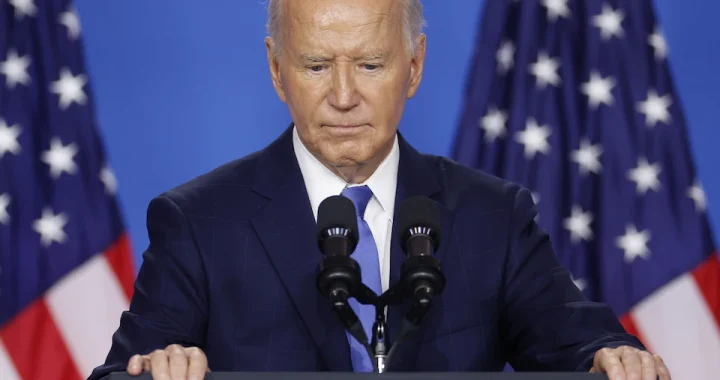 BREAKING: President Biden Announces Decision Not to Seek Reelection
BREAKING: President Biden Announces Decision Not to Seek Reelection 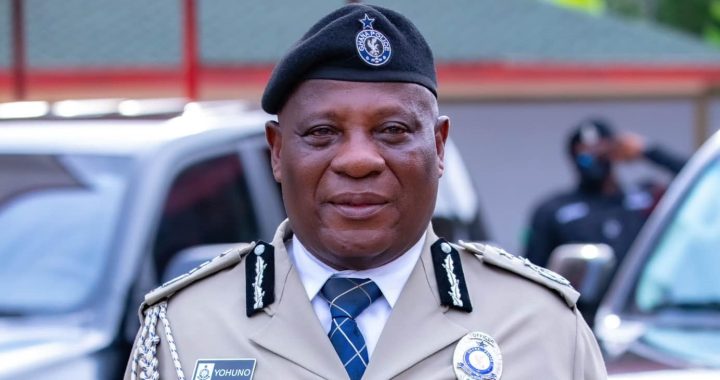 Real Reason Behind the Appointment of Yohunu as Deputy IGP
Real Reason Behind the Appointment of Yohunu as Deputy IGP  Brother of Lois Reveals Why There was a Month Delay Before Announcing Sister’s Death
Brother of Lois Reveals Why There was a Month Delay Before Announcing Sister’s Death 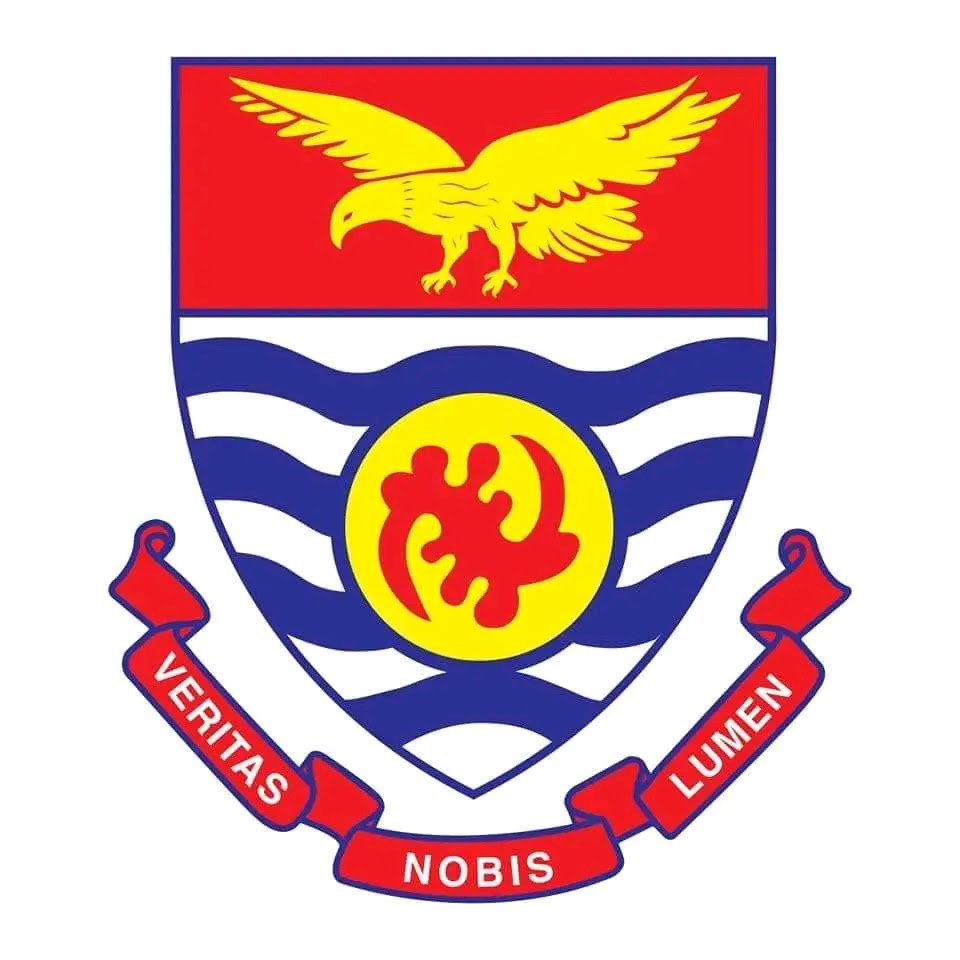 UCC extends admission deadline for Ed. degree programme (Switch 3.1)
UCC extends admission deadline for Ed. degree programme (Switch 3.1) 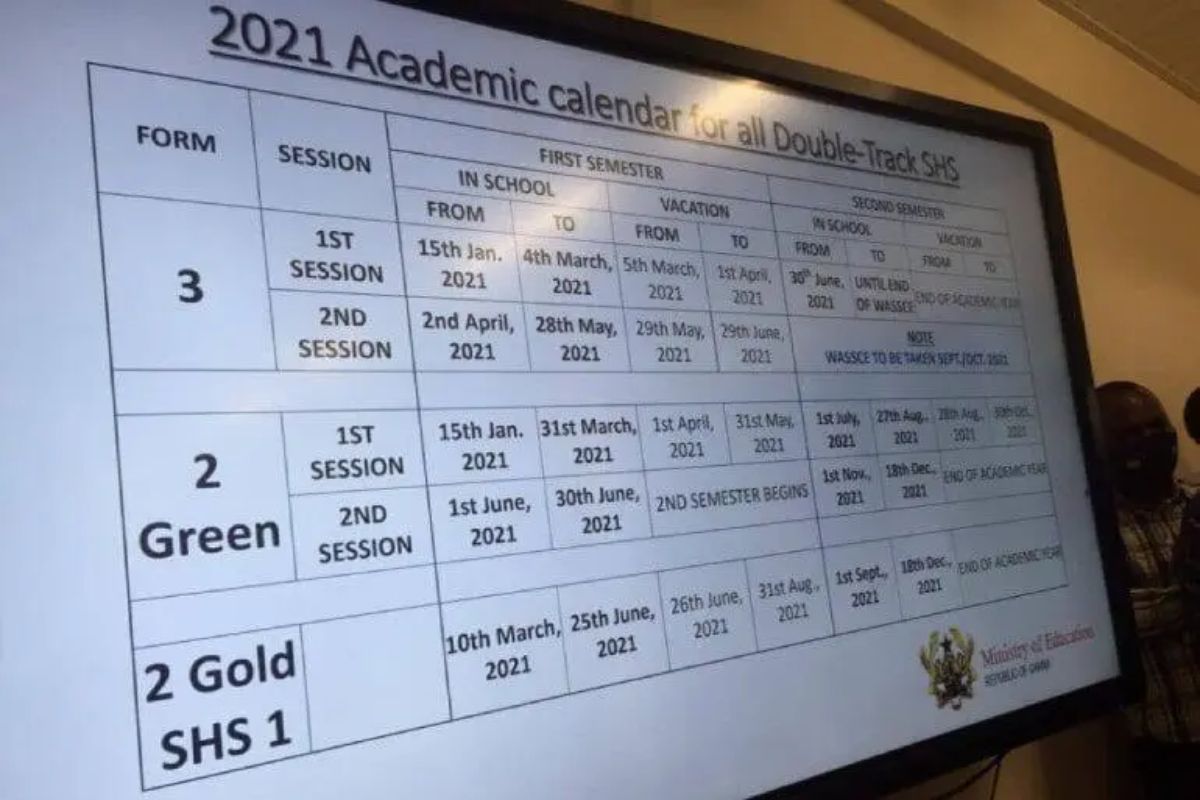 2024-2025 Academic Calendar for Private Schools Out
2024-2025 Academic Calendar for Private Schools Out 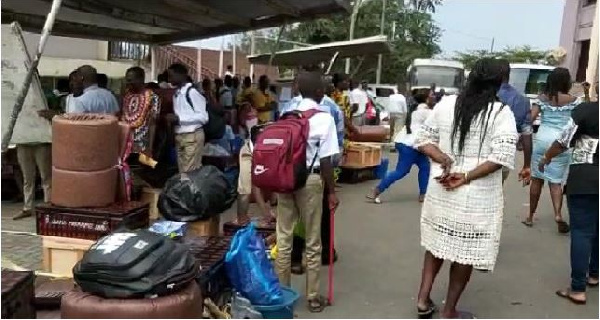 2024 BECE Graduates To Start SHS In September -GES
2024 BECE Graduates To Start SHS In September -GES 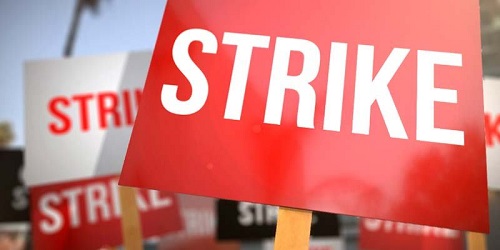 Services That Will Halt If Organized Labour Strikes On Monday
Services That Will Halt If Organized Labour Strikes On Monday